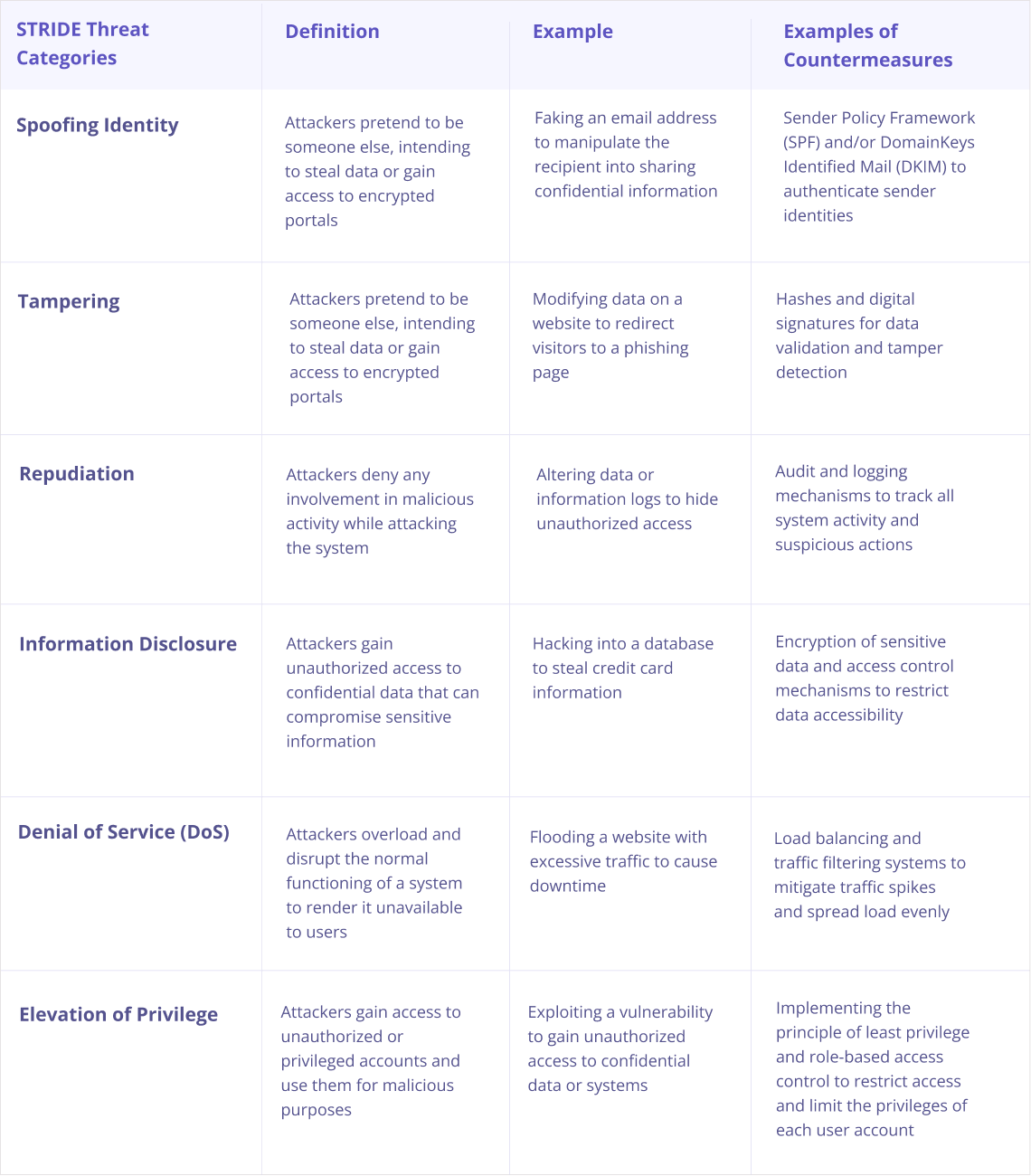DOJ's Proposed Google Changes: A Threat To User Trust?

Table of Contents
- The DOJ's Concerns: A Deep Dive into Google's Practices
- Anti-Competitive Behavior:
- Impact on Competition:
- Proposed Remedies and Their Potential Impact on Users
- Structural Separation:
- Changes to Search Algorithms:
- The User Trust Factor: Analyzing the Risks and Benefits
- Erosion of Trust in Search Results:
- Increased Competition and Innovation:
- Conclusion
The DOJ's Concerns: A Deep Dive into Google's Practices
The DOJ's Google lawsuit centers around accusations of anti-competitive behavior that allegedly stifle competition and harm consumers. These concerns are not new; they have been building for years.
Anti-Competitive Behavior:
The DOJ alleges that Google has engaged in several anti-competitive practices to maintain its dominance in the search engine market. These include:
- Preferential treatment of Google products in search results: Google is accused of prioritizing its own products (like Google Maps, Google Shopping, and YouTube) in search results, even if other options are arguably superior. This gives Google an unfair advantage over competitors.
- Exclusive agreements with mobile device manufacturers: The DOJ claims Google has struck exclusive agreements with manufacturers, pre-installing Google Search and Chrome, making it challenging for rival search engines to gain a foothold.
- Anti-competitive practices related to Google Ads: The DOJ alleges Google has manipulated its advertising system to favor its own products and services, squeezing out smaller advertisers and limiting consumer choice. This relates heavily to their search engine market share, which is considerable.
Impact on Competition:
Google's alleged monopolistic practices have significantly impacted smaller search engines and competitors. The sheer scale of Google's search engine market share leaves little room for smaller players to grow. This lack of robust competition hinders innovation and potentially leads to a less diverse and dynamic online environment. The potential for a more balanced playing field within the digital market is at stake. Statistics showing Google's overwhelming market share further solidify these claims. These figures illustrate a power imbalance that the DOJ aims to correct.
Proposed Remedies and Their Potential Impact on Users
The DOJ's proposed remedies aim to address Google's alleged monopolistic behavior and restore competition. However, the impact on users remains a subject of significant debate.
Structural Separation:
One of the most radical proposals involves a structural separation of Google's search engine from its other businesses. This "divestiture" would essentially split Google into separate entities, aiming to prevent the company from leveraging its search dominance to benefit its other products. While this could lead to improved search result neutrality and fairness, it could also lead to fragmentation of services, requiring users to navigate multiple platforms instead of a single integrated ecosystem. The long-term effects of such structural remedies are difficult to predict. The intricacies of Google's search algorithm are also a key consideration.
Changes to Search Algorithms:
The DOJ might also demand changes to Google's search algorithms to promote algorithmic fairness and transparency. This could involve reducing bias in search results and increasing the prominence of smaller competitors. While beneficial for competition, this could also lead to less personalized and potentially less relevant search results for users, potentially impacting user experience and search quality. The implementation of such changes is critical for maintaining the accuracy and reliability of Google's search functionality.
The User Trust Factor: Analyzing the Risks and Benefits
The DOJ's actions have significant implications for user trust. While the goal is to improve competition and create a more level playing field, the proposed changes could have unintended consequences.
Erosion of Trust in Search Results:
Changes to Google's algorithms could potentially lead to less relevant or more biased search results, ultimately eroding user trust in the information they find online. The quality of search results is paramount to user experience and the reliability of information. Any significant alterations risk disrupting this crucial element.
Increased Competition and Innovation:
On the other hand, increased competition fostered by the DOJ's actions could lead to innovation and benefit users with more choice and better services. A more competitive market might encourage search engines to improve their features, offer better user interfaces, and prioritize user needs above all else. This competitive landscape could result in an overall improvement in the quality of service for all consumers.
Conclusion
The DOJ's proposed Google changes represent a complex and multifaceted challenge. While the aim to curb anti-competitive behavior and foster a more level playing field is commendable, the potential impact on user trust and the overall user experience remains a significant concern. The balance between promoting competition and ensuring a high-quality user experience is crucial. The long-term effects of these proposed remedies are uncertain, but one thing is clear: the outcome will significantly shape the future of online search. Stay informed about the DOJ's proposed Google changes, and let us know what you think! What are your thoughts on the DOJ's Google investigation? Follow the Google antitrust lawsuit developments – your informed opinion matters!

 Lotto 6aus49 Die Gewinnzahlen Vom 19 April 2025
Lotto 6aus49 Die Gewinnzahlen Vom 19 April 2025
 Bitcoin Mining Hash Rate Soars Analysis Of Recent Growth
Bitcoin Mining Hash Rate Soars Analysis Of Recent Growth
 Free Star Wars Andor Episodes Watch Now On You Tube
Free Star Wars Andor Episodes Watch Now On You Tube
 The Impact Of Saturday Night Live On Counting Crows Success
The Impact Of Saturday Night Live On Counting Crows Success
 Exclusive New Details Emerge On Us Intelligence Gathering In Greenland
Exclusive New Details Emerge On Us Intelligence Gathering In Greenland
